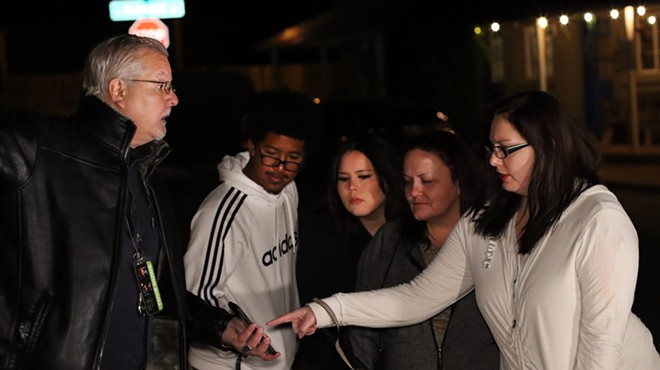Thursday, January 16, 2014
Word Odyssey: I Had a Dream (About Jim Crow)
Martin Luther King Day is almost upon us, and I thought it would be altogether fitting and proper for Word Odyssey to explore some of the words and phrases of Dr. King’s “I Have a Dream” speech or his “Letter from a Birmingham Jail.” But I was too intimidated. Some works of prose are best savored without garnish. So instead I thought I’d celebrate MLK Day by taking a look at some of the words that stand for the institutions and legacies that Dr. King and other civil rights activists sought to overcome.
Let’s start with slavery, which originated as a reference to the Slavic people of Central and Eastern Europe. The medieval Holy Roman Empire—which, as Voltaire pointed out, was neither Holy, nor Roman, nor an Empire—got the better of their frequent wars against the Slavs. So many captives were sold into slavery that “Slav” became synonymous with people held as the property of others, eventually entering written English (from French) in the late 1200’s.
Even though enslavement of blacks was widespread in colonial North America (almost 20% of the population were black slaves), and even though the framers of the U.S. Constitution had to deal with that contentious institution, neither slave nor slavery was mentioned in the original Constitution or the Bill of Rights. The founding fathers employed euphemisms instead. Article I, Section 2 refers to “other Persons” which is in contrast to “free Persons.” Article I, Section 9, which forbade Congress from outlawing the slave trade for twenty years, avoided the term “slave trade”, using the “Migration or Importation of such Persons” in its stead. The clause in Article IV addressing the treatment of runaway slaves calls them “Person[s] held in Service or Labour.”
The infamous 1857 Supreme Court decision Dred Scott v. Sandford, which ruled that a “free Negro” is not a citizen within the meaning of the Constitution, dropped the euphemisms and referred directly to slaves. The Thirteenth Amendment, which abolished the institution, not only straightforwardly used slavery, it also abolished involuntary servitude for good measure.
The abolition of slavery and the Fourteenth Amendment’s assurance of equal protection under the laws did not, of course, ensure equal treatment—witness the Jim Crow laws, which mandated racial segregation and facilitated discrimination. You might guess that Jim Crow was a governor of a state rife with legally-sanctioned segregation, but the origins of the term are actually more odious. Jim Crow was a stage character created in 1828 by actor “Daddy” Rice, who put on blackface and got laughs with supposedly stereotypical antics of blacks “jumpin’ Jim Crow.” This began the minstrel craze, which lasted for several decades. Jim Crow became a prevalent pejorative to refer to black people, while the required black-only train cars came to be called Jim Crow cars. Eventually the term was transferred to all laws that ostracized blacks.
The 1896 Supreme Court opinion in Plessy v. Ferguson, ruling that Mr. Plessy, a black man, had no right to ride in a white’s only train car, enshrined “separate but equal” as a Constitutional doctrine for over half a century. The majority concluded: "We consider the underlying fallacy of the plaintiff's argument to consist in the assumption that the enforced separation of the two races stamps the colored race with a badge of inferiority. If this be so, it is not by reason of anything found in the act, but solely because the colored race chooses to put that construction upon it." Uh, yeah, just like they might have construed minstrel shows, Jim Crow cars and Jim Crow laws.
But some courageous souls kept up the fight, through Brown v. Board of Education, through Selma and Birmingham, through boycotts, marches, lynchings and jails, through the Civil Rights and Voting Rights Acts, and beyond. And now we’re once again about to celebrate a national holiday honoring one of the fight’s heroes. Thanks for sharing the dream, Dr. King.
Tags: word odyssey , word meanings , Etymology , britt hanson











